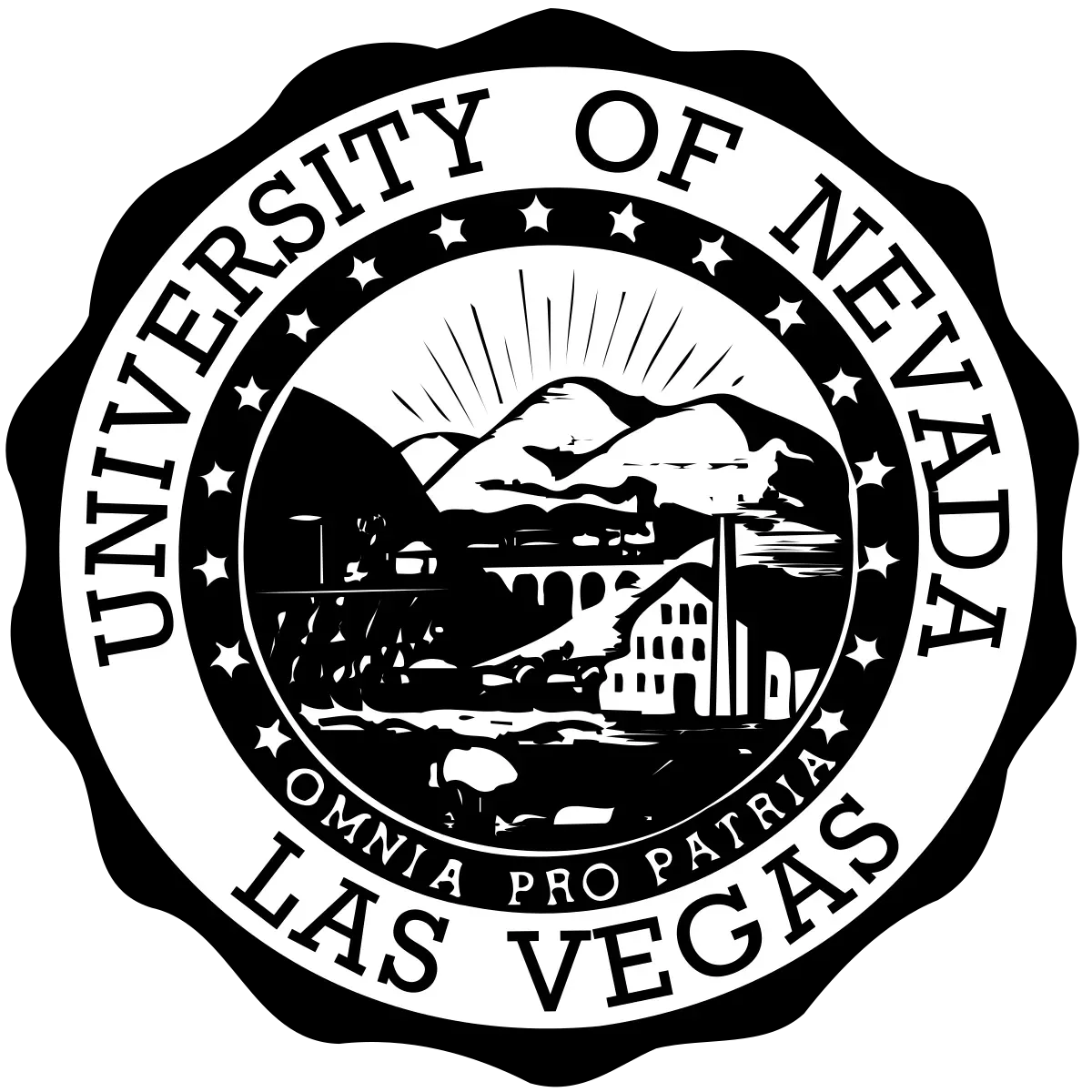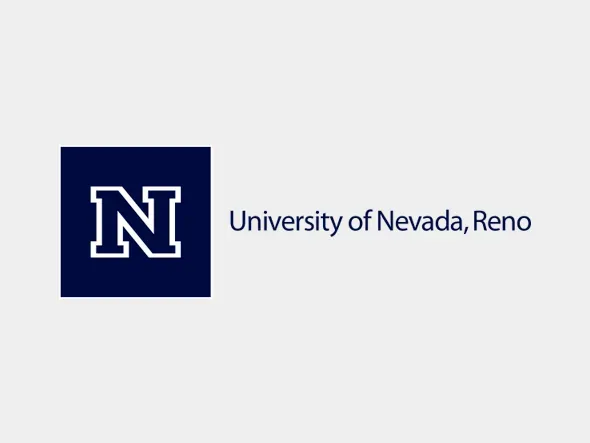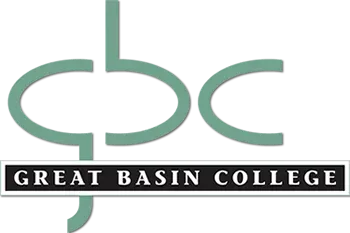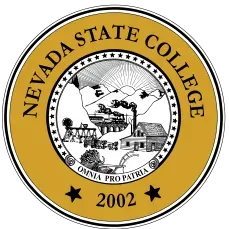Best Colleges in Nevada
Best Accredited Colleges
 Las Vegas, NV
Las Vegas, NV
 $11582
$11582
 42%
42%
 Reno, NV
Reno, NV
 $16230
$16230
 55%
55%
 Elko, NV
Elko, NV
 $12230
$12230
 28%
28%
 Incline Village, NV
Incline Village, NV
 $28679
$28679
 44%
44%
 Henderson, NV
Henderson, NV
 $15136
$15136
 16%
16%
Frequently Asked Questions
1. What are the best colleges in Nevada?
Some of the best colleges in Nevada include the University of Nevada, Las Vegas (UNLV), University of Nevada, Reno (UNR), Nevada State College, and College of Southern Nevada.
2. How do I apply to colleges in Nevada?
To apply to colleges in Nevada, you typically need to complete an online application form, submit your high school transcripts, provide standardized test scores (such as SAT or ACT), write an essay, and pay the application fee. Each college may have specific requirements, so it's important to check their websites for detailed instructions.
3. What majors and programs are offered at Nevada colleges?
Nevada colleges offer a wide range of majors and programs across various fields of study. Some popular majors include business, engineering, nursing, psychology, education, computer science, and hospitality management. Each college has its own set of majors and programs, so it's best to explore their websites for a comprehensive list.
4. How much does tuition cost at Nevada colleges?
Tuition costs vary depending on the college and whether you are an in-state or out-of-state student. On average, in-state tuition for Nevada colleges ranges from $5,000 to $8,000 per year, while out-of-state tuition can be around $20,000 to $30,000 per year. It's important to check with each college for their specific tuition rates.
5. Are there scholarships available for Nevada college students?
Yes, there are scholarships available for Nevada college students. Many colleges offer their own scholarships based on academic merit, financial need, or specific criteria. Additionally, there are external scholarships provided by organizations, foundations, and government agencies. It's recommended to research and apply for scholarships early to increase your chances of receiving financial aid.
6. What is the student-to-faculty ratio at Nevada colleges?
The student-to-faculty ratio at Nevada colleges varies depending on the institution. On average, it can range from 15:1 to 25:1. Smaller colleges tend to have lower student-to-faculty ratios, allowing for more personalized attention and interaction with professors.
7. Are there on-campus housing options available?
Yes, many Nevada colleges offer on-campus housing options for students. These can include dormitories, apartments, or residential halls. Living on campus provides students with a convenient and immersive college experience, fostering a sense of community and involvement.
8. What extracurricular activities and clubs are available at Nevada colleges?
Nevada colleges offer a wide range of extracurricular activities and clubs to cater to diverse interests. These can include sports teams, student organizations, academic clubs, cultural clubs, volunteer groups, and more. Participating in extracurricular activities can enhance your college experience and provide opportunities for personal growth and networking.
9. Can I transfer credits from a community college to a four-year college in Nevada?
Yes, many Nevada colleges accept transfer credits from community colleges. However, the transferability of credits depends on various factors such as the specific courses taken, grades earned, and the policies of the receiving institution. It's advisable to consult with academic advisors at both the community college and the four-year college to ensure a smooth credit transfer process.
10. What support services are available for students at Nevada colleges?
Nevada colleges provide a range of support services to help students succeed academically and personally. These services may include academic advising, tutoring centers, career counseling, health services, counseling and psychological services, disability support, and student organizations dedicated to specific needs or interests. Students are encouraged to take advantage of these resources to make the most of their college experience.





